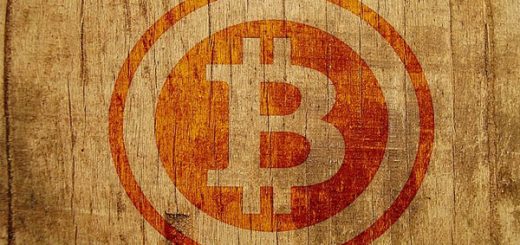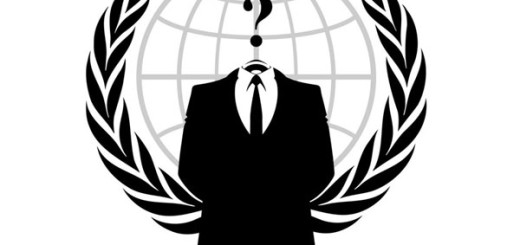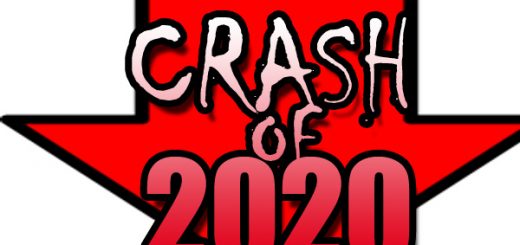Liberty Reserve and the Anonymous Internet
Tuesday was not a good day for the operators of the Liberty Reserve virtual currency system, who found themselves indicted on various money laundering charges, arrested, and their system of websites shut down. It’s hardly surprising that with the uptake by consumers on virtual currency that these sites would be investigated, but the breadth and depth of this investigation goes much further than virtual money.
The main point made by Preet Bharara, the Manhattan U.S. attorney, is that almost all of the transactions being done on LR were for various illegal activities. Those ranged from the single buying of drugs to the payment for hacking services, for prostitution, and even for child pornography. It was also considered a very good way to obtain stolen credit card numbers, and then to move the money collected from using those cards to other users, making it difficult to trace and all but impossible to recoup losses.
Underlying this indictment is the concept of the anonymous internet. Liberty Reserve’s biggest selling point (and the one that got it in trouble) is that their accounts are essentially anonymous, requiring a name (easily made up), an email account (easily obtained through free mail services) and selecting a password. That means that Liberty had no idea of who was using it’s services. They charges 1% of every transaction to move the money from account to account, and charged and additional 75 each time to hide the account numbers from both parties, so that the transaction was done only on the basis of the fake names on the account, and nothing more. That willful ignorance of the user base appears to be a real issue at hand.
Systems like Liberty Reserve work because they are anonymous. They can charge substantial transaction fees (1% just to update data records is an insanely high profit level) because people feel they are avoid authorities. They avoid paying tax, they avoid declaring income, and in the case of criminal enterprises, they can move money from country to country without a blink, with none of the tracking that would come with a real banking transaction.
What this really points out is that the anonymous internet isn’t compatible with the real world. It doesn’t align with the laws of most countries, and more importantly, it works in the cracks between the treaties and mutual agreements that bind countries together. People like Kim Dotcom, the indicted operator of the former Megadownload empire built his business model on spreading his operation over many countries so that no one country could take action against him. While the extradition case in New Zealand is ongoing, Mr Dotcom has already learned that trying to hide in the cracks between the laws in different countries isn’t work out as well as it should.
The banking crisis in Cyprus also exposed major issues. Russia is the home of many hackers and online workers, who wisely choose not to bring the profits of their acts into Russia, thus avoiding taxes and also avoiding legal issues. When the banks in Cyprus got locked up, there was panic in the online community, as so many of the bot herders and hackers had most of their income and profit from years of hard work lost. Their attempt to remain anonymous, at least in their own country, backfired in their faces. At the same time, it shows just how large the problem of these ill gotten gains can be.
Just like the Swiss banks which use to hide the real world gains of criminals and dirty politicians, the virtual currencies and money havens of the world have become the playground of the anonymous online world. However, with the actions taken by the US and other countries in the matter of Liberty Reserve, we can see that there won’t be much tolerance for it. The risk factor of using such a system just went way up, that is for sure. It also shows that regulation is needed in this area, and it’s likely to see the US leading a push for a move to regulate or outlaw virtual currency systems, making them either become certified money trading companies under the law, or to shut down. That would remove a layer of anonymous on the internet, as you wouldn’t be able to move money in anything other than your legal name. That could go a long way to changing how the internet works.













